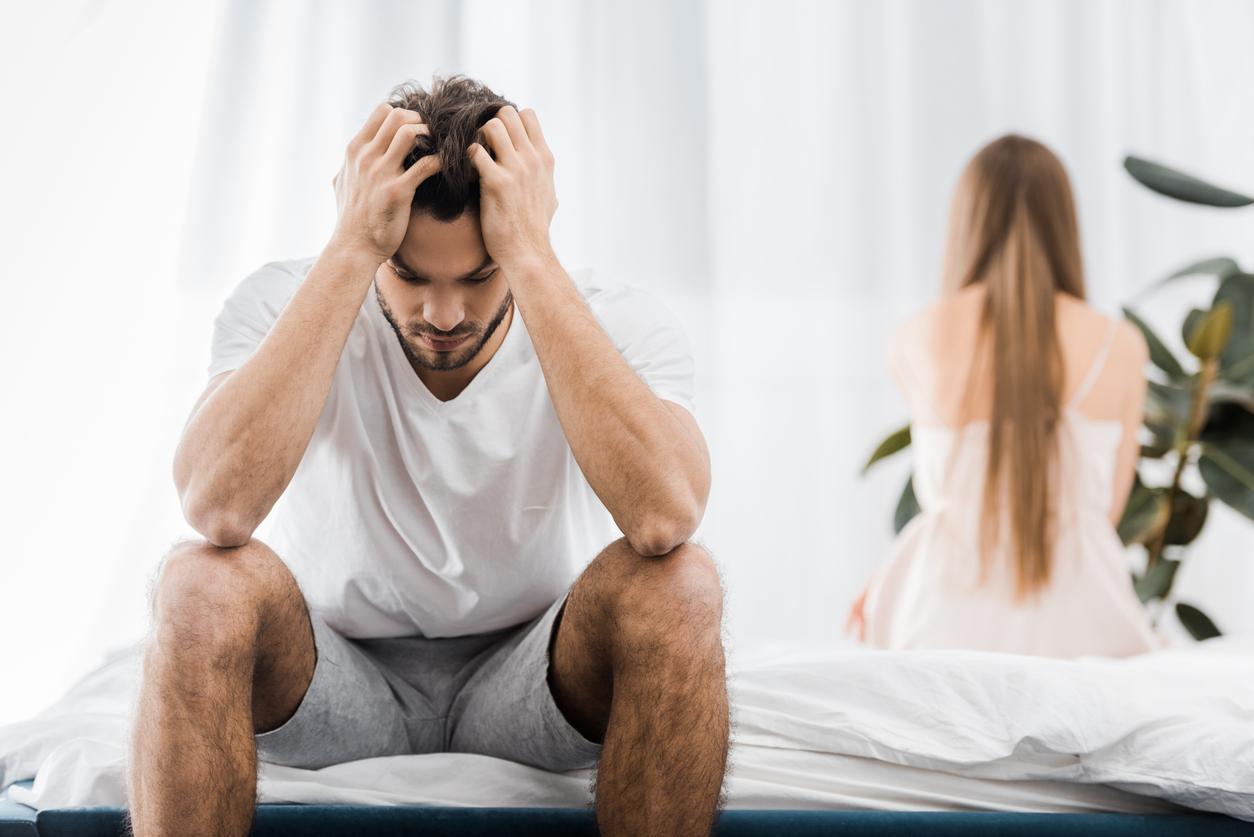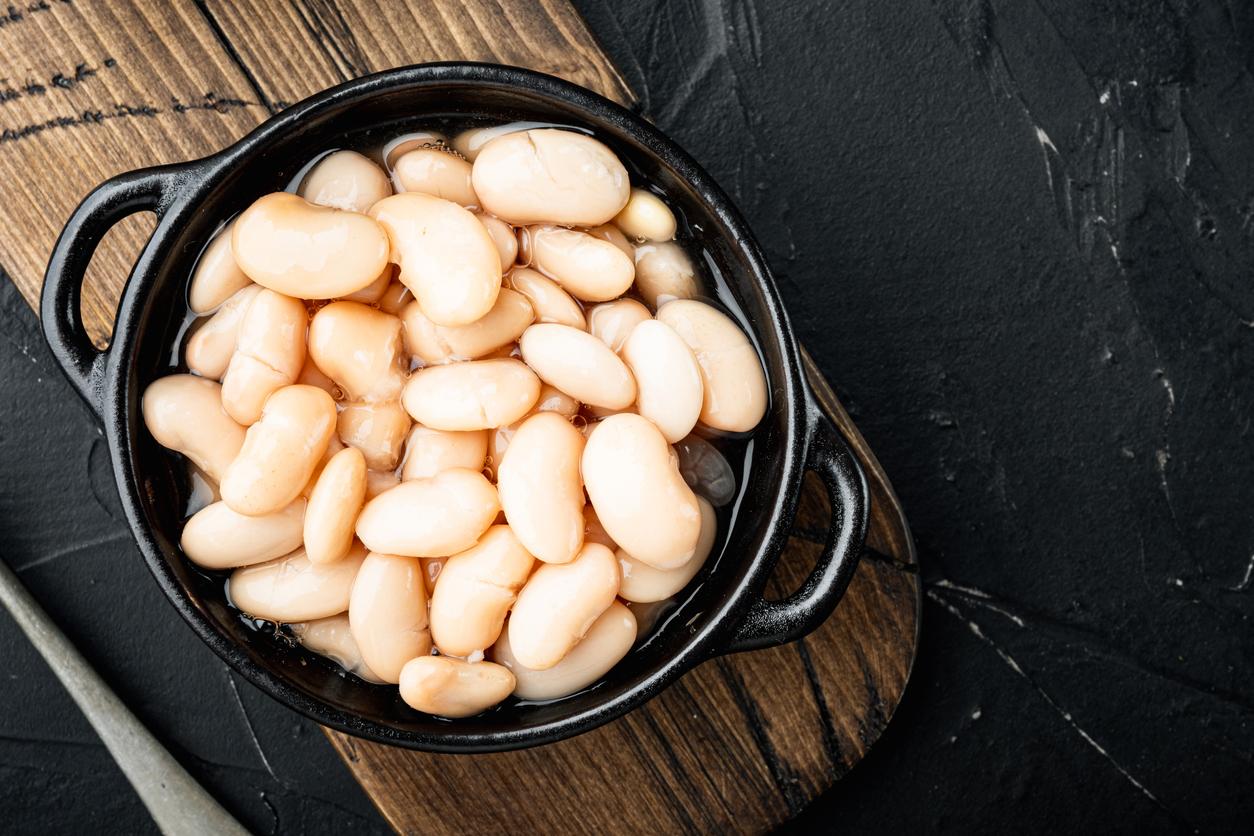Our organic matter is a source of information on our state of health and that of our intestines. But how to interpret them? What does the frequency of their evacuation, their appearance, their smell reveal? In what case should you be worried? We unravel the true from the false with the help of a gastroenterologist.

- Nearly one in two French people suffer from digestive disorders
- The first factor that impacts transit is food
- Physical activity may play a role in healthy bowel function
It’s a subject that we talk about little or badly, out of shame, disgust, taboo, and yet which concerns everyone without exception: stool. This material is made up of water (75%!), dead bacteria and food residues not absorbed by the digestive system. Each adult produces 200 grams per day on average, or more than 70 kilos per year. A must for all, which differs according to each. Between its frequency and its evacuation, through the different aspects it can take on, the big commission says a lot about our state of health. It even tends to influence our psyche if it becomes a nightmare. While, according to an Ifop poll published in 2017, nearly half of French people (48%) suffer from at least one type of digestive disorder, such as abdominal pain, frequent gas or irregular transit, it would be a shame to not take a closer look at it. Diving (theoretical) into the entrails.
And you, how is your transit?
Transit, that is to say the evacuation of stools, “emptying the colon”varies according to three parameters: “frequency, ease of evacuation and consistency”explains Dr. Philippe Godeberge, gastroenterologist and co-author of What’s in your stomach? (ed. Hachette Pratique, 2017). A majority of people have a bowel movement once a day, but between 3 times a day and 3 times a week (95% of people according to the American Journal of Gastroenterology) is considered normal. On the other hand, “If you go there more than three times a day, we’ll talk about diarrhea, whether it’s occasional, caused by food poisoning, or more chronic, linked to stress. If you go there less than three times a week, you are prone to constipation. » The ease of evacuation is very disparate: “It often depends on each person’s psyche, individual traumas, but also on the context or the place: some people are unable to have a proper bowel movement elsewhere than at home. »
There remains the consistency of organic matter. To facilitate dialogue with patients, doctors rely in particular on the Bristol scale, published in 1997, which classifies the different types of stool according to their consistency. From type 1 (hard stools, separated into compact pieces, like goat droppings) to type 7 (liquid stools), passing through type 4 (the so-called perfect turd, smooth and soft “like a sausage”). But this scale is above all a ” communication tool “ and “does not allow a true diagnosis to be established”, warns Dr. Godeberge. “The state of our excrement depends first of all on what we ingest. Medicine based on stool analysis (foggy, green, sticky, foul-smelling, etc.) is no longer appropriate. Admittedly, an abnormal consistency can be taken into account, or even alert, but without being a relevant diagnostic tool to address a possible underlying pathology. »
But then, when to worry? From when is a transit which varies constitutive of a pathological symptom? Three signs can alert, according to the gastroenterologist: “When a patient complains of an unusual and relatively recent transit change (less than 6 months), a deterioration in the quality of life, and the appearance of signs of gravity, such as impaired general condition (unusual fatigue, weight loss, etc.) or the presence of blood in the stool. » The question of a possible pathology can then arise: inflammatory bowel diseases (such as Crohn’s disease), colorectal cancer, celiac disease, sequelae of taking medication… “But by far the most common diagnosis, when bowel function is not deemed favorable or comfortable, is irritable bowel syndrome. »
Food and Anxiety
If we exclude diseases, the first factor that influences the transit and the state of the stool remains the diet. ” The universal recommendation is to have a regular diet, well hydrated and rather rich in fiber, says Dr. Godeberge, but there is no miracle solution! » The diet should always be adapted to the diagnosis: “When you have hard stools, the goal is to increase the fiber in your diet, reduce the starch content and increase hydration. But when you suffer from diarrhea (the “real” one, not the false diarrhea reaction to constipation), the goal is to reduce the amount of fiber and stimulant products such as coffee or cigarettes. »
It is also dietetics that primarily determines the color of our stools, which are usually dark brown (due to bile). A large consumption of green vegetables or vegetables rich in beta-carotenes (carrot, sweet potato, etc.) will thus tend to tint the stools with a green or orange color, red cabbage and beetroot with a red color (when it is not some blood). Black stools can be caused by iron food supplements (otherwise it is advisable to consult). Their smell is also primarily a matter of food. Nothing to be alarmed about a chronic disease, therefore, if it is sometimes nauseating. “In some cases, the odor is linked to the profile of the microbiota, but most of the time it reflects your type of diet: if you only eat meat for 4 days, your stools will definitely be more foul – just look at the differences between the excrement of a carnivore and an herbivore. »
Defecate, a whole ritual
If our stools are a reflection of our diet, they are also influenced by who we are. “There is often confusion among patients who relate their anxiety to a malfunction of their intestine, when it is their anxiety that generates this malfunction! Physical activity and relaxation, because they are also anti-stress, can play an essential role in the proper functioning of the intestine. »
For an evacuation “which is not traumatic”it makes sense to go “serenely, as soon as you feel like it”, respecting certain rules, advises the specialist in the intestines. “You have to take your time to evacuate your colon, it doesn’t happen in 30 seconds in the morning before going to work. It is also better to feel comfortable in your environment, and to focus on the act only. » Translation: do not take your phone with you to read your emails (or this article) on the toilet, because “The physiological process cannot get going well if the mind is busy with something else”. Not to mention that it will prevent you from staying there longer than necessary, which is not recommended… Last advice for the road, “to be in a good anatomical position. The small bench to elevate the feet and therefore angle the thighs more clearly on the trunk is ideal for facilitating evacuation. » A desire, time, concentration, a posture: you will have understood it, “ritualize the process” is the key to intestinal happiness.
.















